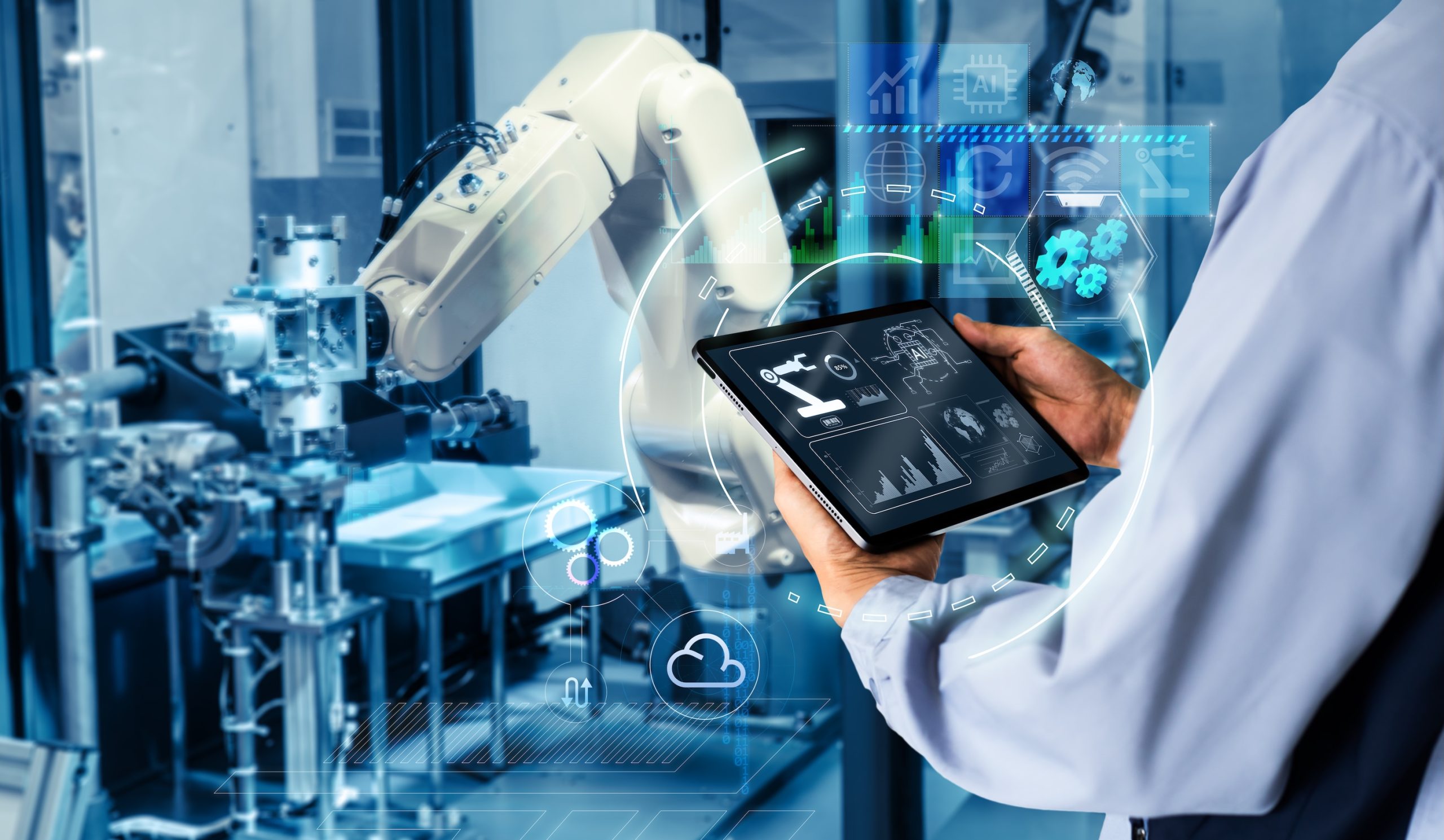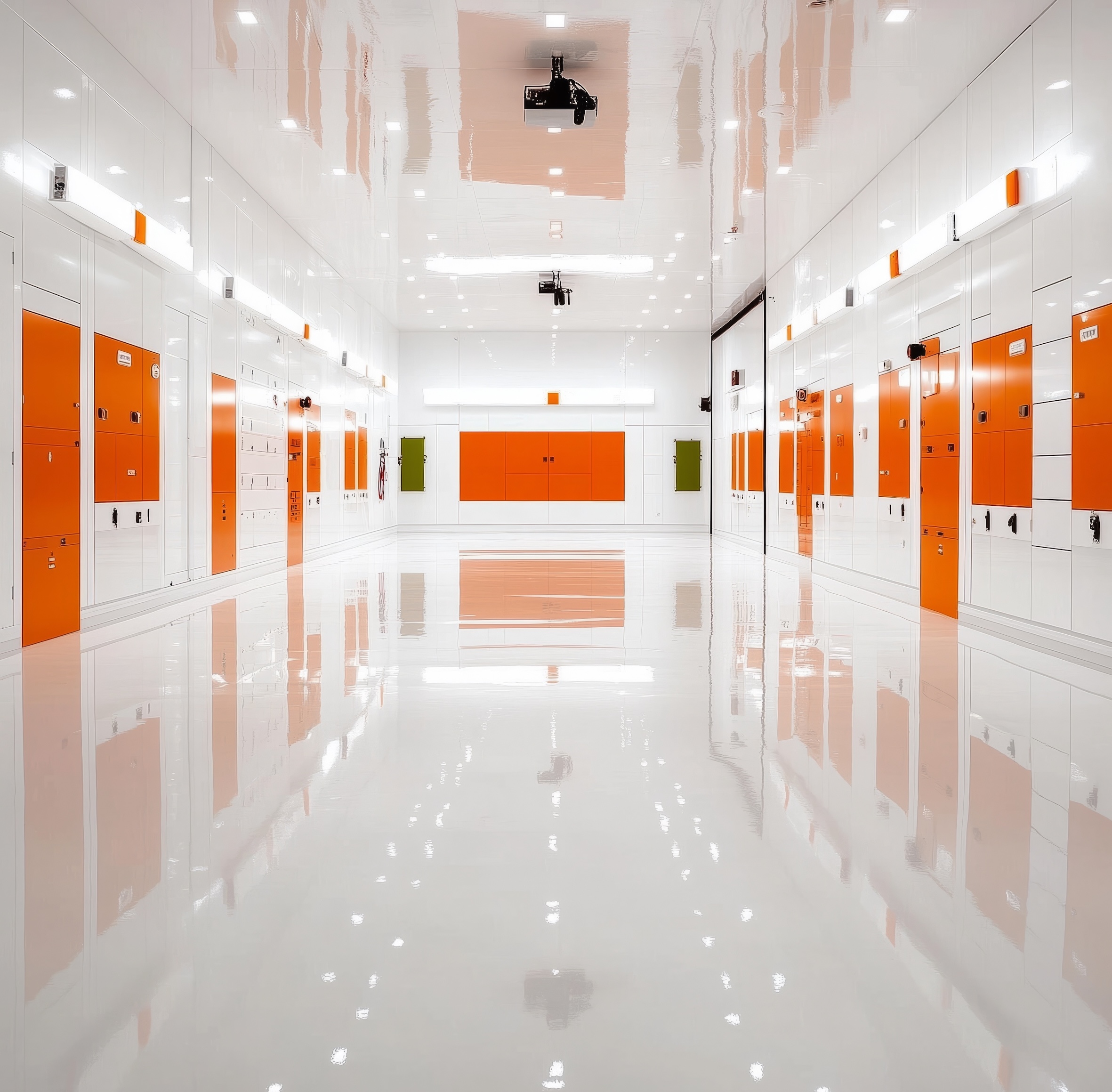Today almost every aspect of our daily lives is intricately entwined with digital technology, whether it be for education, business, the industrial sector, travelling, entertainment, healthcare or even politics and social relations. This sea change has brought in its wake not only misgivings and concerns, but also immense opportunities.
As we are still in the early stages of the digital revolution, we are still in a position to harness and shape its effects for the benefit of mankind and the planet. However, before doing that we need to carefully examine and fully grasp emerging technologies and their implications from all angles.
One of these technologies is artificial intelligence (AI) and it is dramatically altering the way we interact with machines, and how they interact with each other.
AI allows devices to analyse data and carry out complex “reasoning” that is extremely human-like in nature.
This ability is not only to be found in actual hardware and physical machinery, but also extends to software systems, blurring the line between robotics and machine learning. The main components of these systems are the machines themselves, software and connectivity, including cloud computing and big data.
Three fundamental elements of human behaviour play a crucial part in the development of AI: thorough knowledge, a consciousness which allows for decision-making (not only based on logical factors), and the capacity to adapt solutions to problems depending on the circumstances.
Data, robots and predictive maintenance: industry will never be the same again
Machine learning (a sub-field of artificial intelligence) is a branch of computer science which helps machines learn to improve their performance levels over time. This process is based on the analysis of big data and the acquisition of information, and it plays a major role in the optimisation of corporate solutions.
One area where AI is applied on a wide scale is image recognition in the manufacturing sector.
This technique uses sophisticated algorithms to extract and process colours, shapes and spatial information from a picture, accurately sorting and classifying objects. Machine-learning methods are useful for applications like digital assistants, smart robots, audiovisual analysis, automatic translation and autonomous (or driverless) vehicles. As part of Industry 4.0, AI contributes to the automation of production processes, ongoing machine monitoring and data collection across various operational parameters. This helps to put preventive steps in place and optimises overall maintenance.
Predictive maintenance is a concrete example of how AI can be applied. This kind of pre-emptive maintenance is based on specific, measured and controlled parameters obtained through appropriate mathematical models, averting malfunctions and machine failure before it happens. For instance, a renewable-energy company has combined statistical assumptions, artificial neural networks and machine learning to troubleshoot and detect breakdowns in wind-turbine components in good time. This avoids unscheduled downtime and lessens the impact of unforeseen costs.
The advantages of AI for businesses
Automation boosts productivity and raises efficiency, raising profits in turn and creating new job openings. It also does away with repetitive tasks, allowing human beings to focus on more important issues.
In order to get the most out of AI, companies should:
- Hire new talent with specific skills so as to integrate technology into the existing corporate system.
- Establish a solid digital base which includes digital tools and resources that are adequate for the purpose.
- Concentrate on growth rather than simply reducing costs, using AI to increase market reach and promote sales.
- Be willing to review their long-term corporate goals, adapting to new business models and exploiting new sources of income.
AI has already changed the world, affecting the way we interact with devices, other people and organisations.
Another example is the use of robots in Amazon warehouses where everything is set up to enhance productivity. Despite their limitations, robots are clearly changing production economics, and are set to keep on transfiguring the sector.
Artificial Intelligence in Italy: record growth accompanied by opportunities and challenges
In 2024, the Italian Artificial Intelligence market skyrocketed with a share of 1.2 billion euros; 58% up from the previous year. Generative AI occupies a key role in all of this, accounting for 43% of the entire value, while the rest of the market is dominated by traditional AI solutions.
Yet, Italian enterprise is progressing more slowly than other European nations: only 59% have active projects as compared to the EU average of 69%. Risk awareness is increasing: 40% of companies have drawn up guidelines on how to use AI while 17% has banned unsanctioned tools to avoid shadow AI.
Italy ranks high for the adoption of Generative AI tools, accounting for 53% of large enterprise with purchased licences and surpassing France, Germany and the United Kingdom. However, only 39% of the businesses using these tools has recorded an increase in productivity.
SME still makes limited use of this trail-blazing technology. Even though 58% claims to be interested in AI, only 7% of small enterprise and 15% of medium enterprise have actually undertaken concrete projects.
A shortage of tech-savvy workers and data-management issues are the main obstacles. Even public perception of AI is evolving: 59% of the Italian nation rates it positively, even though there are growing concerns about deepfakes and the impact of artificial intelligence on jobs.
The Italian AI ecosystem is burgeoning with an increase in research funds and a rising number of special university courses and modules.
But there continue to be problems. Start-ups are struggling to attract investors and although AI has been brought into Public Administration and is growing at a rapid rate, it still doesn’t play a huge role. According to experts of the Artificial-Intelligence Observatory from the Polytechnic University of Milan, Italy has all the makings of a future innovation hub, but the challenge lies in turning mere interest into a concrete sustainable strategy.
AI is set to revolutionise the way we work and live. The future has already arrived, but are we ready to harness all the advantages it brings?
For those who are interested in exploring the latest innovations in the field of AI applied to the industry, Hannover Messe is an unmissable opportunity.
The Trade Fair held in Hanover from 20th to 24th of April 2026 will address some of the hottest themes on Industrial AI.
Visitors will be able to experiment close-up with cutting-edge technologies, like autonomous robots and generative artificial intelligence.
The event will include thought-provoking presentations, interactive tours and practical demos, showing how AI is transforming the industry landscape and setting new standards.
It will be an unrepeatable chance to experience innovative products first-hand and keep in step with future developments.



